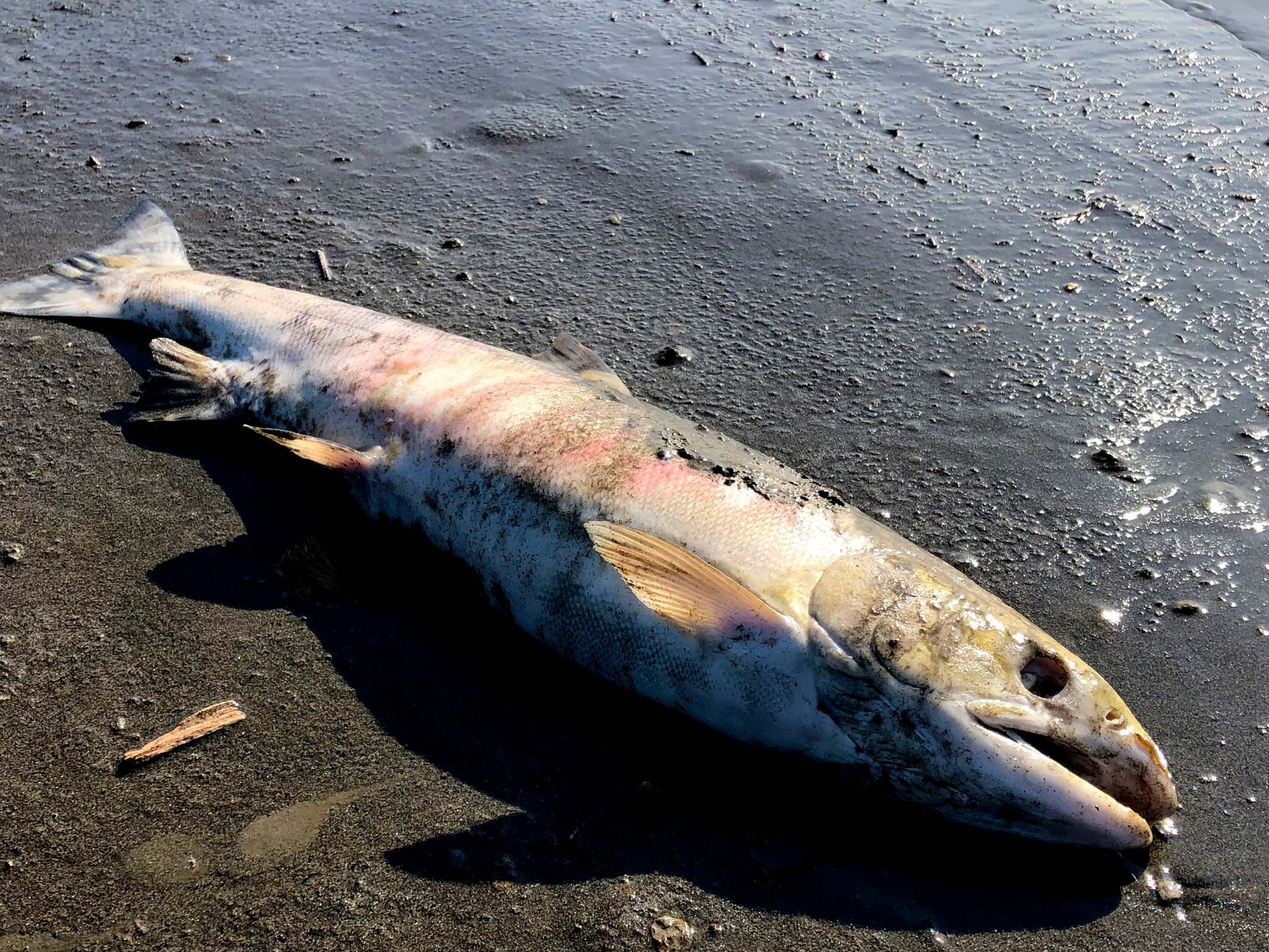Warming sea temperatures pose grave threat to hundreds of fish species
Climate crisis to put 60 per cent of fish species examined at risk

With global warming continuing to rise, the threat of higher temperatures looms especially large for the fish population, whose reproductive capabilities may face serious repercussions by the end of the century.
A new study published in the journal Science warned that the fish species at risk include some of the most commercially important species in the world, which humans depend on to make a living as well as for consumption.
Fish are particularly vulnerable to temperature changes during two stages of their lives — when they are embryos and as adults of breeding age, said the authors.
After assessing 694 marine and freshwater fish species from all climate zones, scientists found that fish in these two stages have “narrower tolerance ranges” compared to larvae and non-reproductive adults.
“Scenario-based climate projections considering the most critical life stages (spawners and embryos) clearly identify the temperature requirements for reproduction as a critical bottleneck in the life cycle of fish,” wrote the authors.
Sixty per cent of the species examined in the study could struggle to reproduce by 2100 if the climate crisis causes warming to continue at its current rate.
Dr Fleming Dahlke, a marine biologist at the Alfred Wegener Institute in Germany and one of the authors, told CNN: “More than half of the species potentially at risk is quite astonishing, so we really emphasise that it’s important to take action and follow the political commitments to reduce climate change and protect marine habitats.”
Higher temperatures lead to a greater need for energy, which requires more oxygen. Species can only adapt to a warming climate by providing their bodies with more oxygen, but certain species have limitations. If those limits are exceeded, it could result in cardiovascular collapse.
Adult fish who are ready to reproduce have more body mass to produce eggs and sperm cells, and these also need to be supplied with extra oxygen. Coupled with higher temperatures and cardiovascular systems already under strain, fish at this stage of their lives are more susceptible to collapse.
Fish embryos, on the other hand, simply have no gills to allow for a higher oxygen intake.
In 2019, the average temperature across global land and ocean surfaces was 0.95C, making it the second-warmest year on record. Annually, the global temperature has increased at an average rate of 0.18C since 1981.
The Paris Agreement aims to limit global warming to below 2C, but the study’s authors found that if governments recommit to keeping the temperature at a maximum of 1.5C, the number of species threatened is will be drastically reduced.
Biologist and co-author Professor Hans-Otto Portner said: “If we human beings can successfully limit climate warming to 1.5C by the year 2100, only 10 per cent of the fish species we investigated will be forced to leave their traditional spawning areas due to rising temperatures.”
Some species may be successful in adapting to the climbing temperatures, but Mr Dahlke said: “If you consider the fact that fish have adapted their mating patterns to specific habitats over extremely long timeframes, and have tailored their mating cycles to specific ocean currents and available food sources, it has to be assumed that being forced to abandon their normal spawning areas will mean major problems for them.”
Join our commenting forum
Join thought-provoking conversations, follow other Independent readers and see their replies
Comments
Bookmark popover
Removed from bookmarks